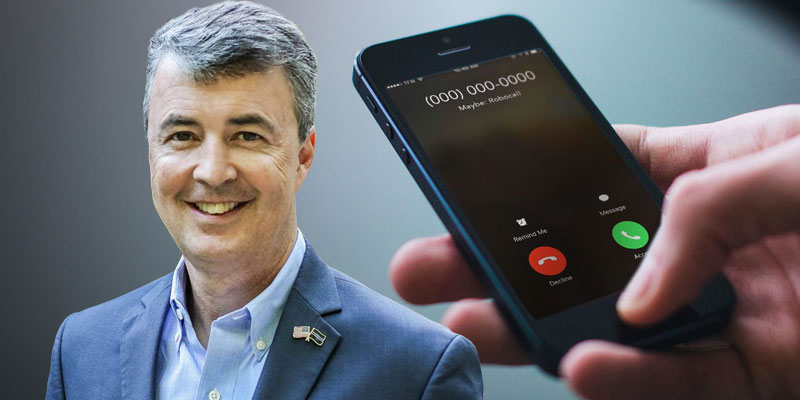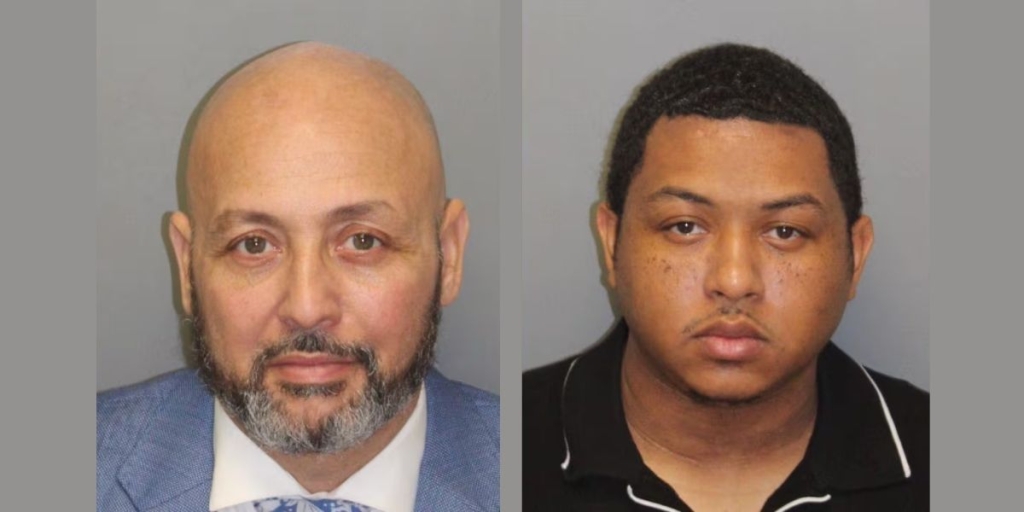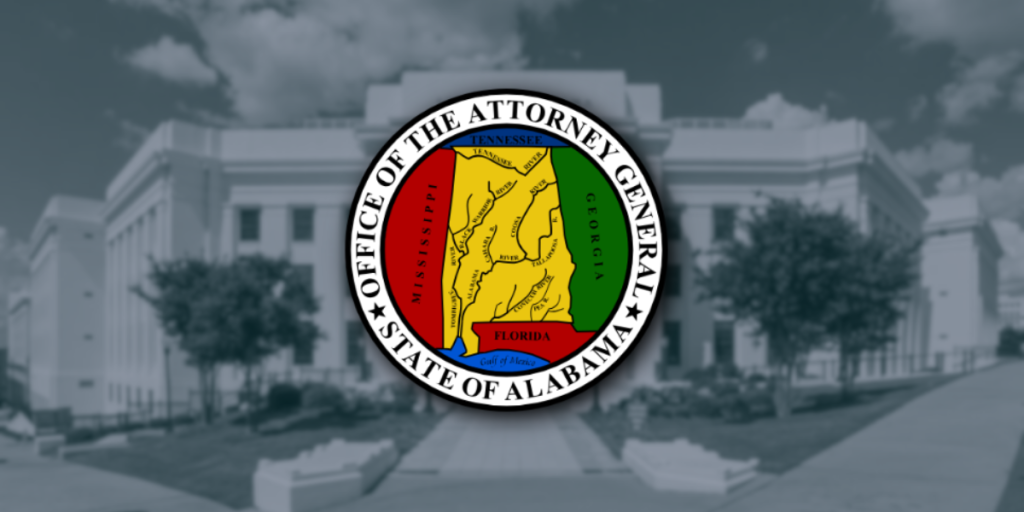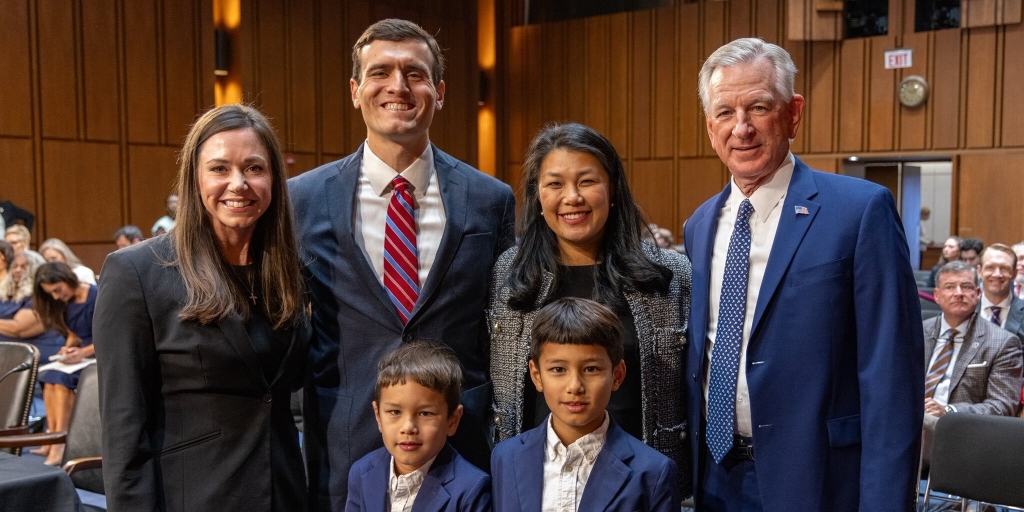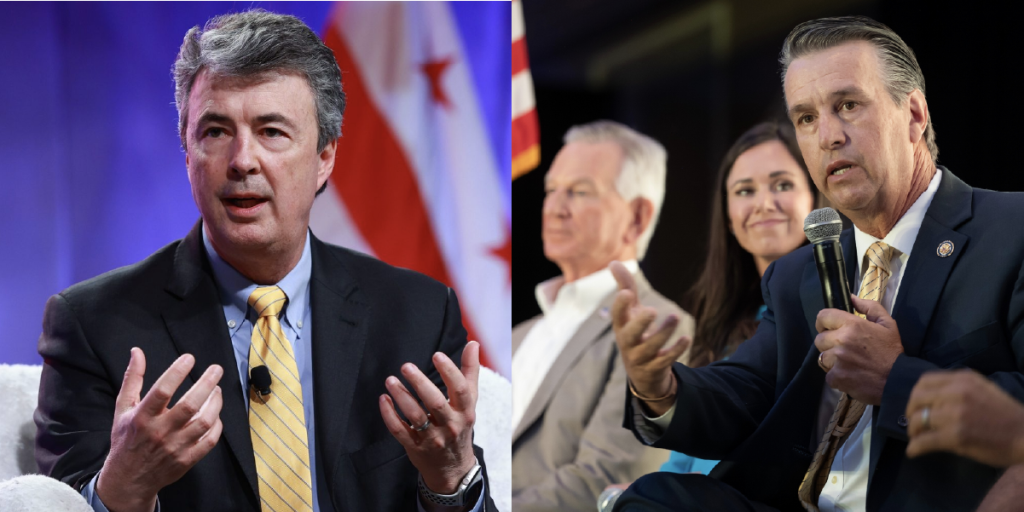Attorney General Steve Marshall announced on Tuesday that his office has stopped a Huntsville-based real estate investment company from soliciting business through allegedly improper and misleading robocalls.
Marshall’s announcement came as part of Operation Call It Quits, a federal-state coordinated effort to stop illegal robocalls through 87 separate enforcement actions in 17 states, including Alabama.
On May 28, the Consumer Interest Division of the Alabama attorney general’s office sent a notice of intent to file a lawsuit against King’s Property Solutions LLC for civil violations of the Alabama Telemarketing Act, the Alabama Deceptive Trade Practices Act and the federal Telemarketing Sales Rule.
Rather than fighting the attorney general’s civil enforcement, the company subsequently agreed to stop the robocalls and reform its business practices, according to Marshall’s office. On June 16, the company reportedly signed an Assurance of Discontinuance with the attorney general’s office, spelling out the explicit terms by which it is to comply with state and federal laws regarding telephone solicitations.
Unlike many robocalls, these came from an actual company conducting business in the Yellowhammer State, rather than unknown scammers trying to trick consumers out of money or personal information.
The attorney general’s office alleged that these robocalls were in violation of federal and state law because many of the recipients were on the National Do Not Call Registry, the company had failed to get a license from the state for commercial telephone solicitations and the messages contained misleading elements.
Marshall’s office was able to discover the situation and act because over 80 Alabama consumers filed complaints that they had received one of three recorded messages from King’s Property Solutions offering to buy their homes. The calls had a tone of familiarity and implied that they were meant for the particular consumers or the consumers’ particular neighborhoods, when in fact they were random robocalls made statewide.
The Federal Trade Commission (FTC) was notified because many of the consumers had registered their numbers with the Do Not Call List. The FTC shared the information with the Alabama attorney general’s office, which investigated the alleged violations, traced the calls to King’s Property Solutions and then moved to stop the robocalls.
In a statement, Marshall urged the public to exercise vigilance and caution. Consumers often face more menacing robocalls in other situations from scammers who have spoofed their numbers to make it appear the calls are local, attempting to steal money or personal information that can be sold on the illegal market.
“These days it is almost impossible to escape persistent and annoying robocalls that interrupt our lives, but there are important precautions you should take to protect yourselves,” Marshall said.
“A first step is to register for the Do Not Call List, but this only stops legitimate telemarketers who are following the law,” he outlined. “If you receive a robocall, do not speak or push any buttons that may let the caller know they have reached a live person and received a response. Instead, hang up and report the call.”
Marshall is also working with a bipartisan group of 39 state attorneys general to stop or reduce annoying and harmful robocalls. This coalition is focused on the technology that major telecommunications companies are pursuing to combat illegal robocalls.
Additionally, Alabama Public Service Commission President Twinkle Andress Cavanaugh has been a leading national voice against robocalls.
For the FTC’s one-stop location for information about robocalls, click here. The public may sign up for the National Do Not Call Registry and make complaints here.
Sean Ross is a staff writer for Yellowhammer News. You can follow him on Twitter @sean_yhn




